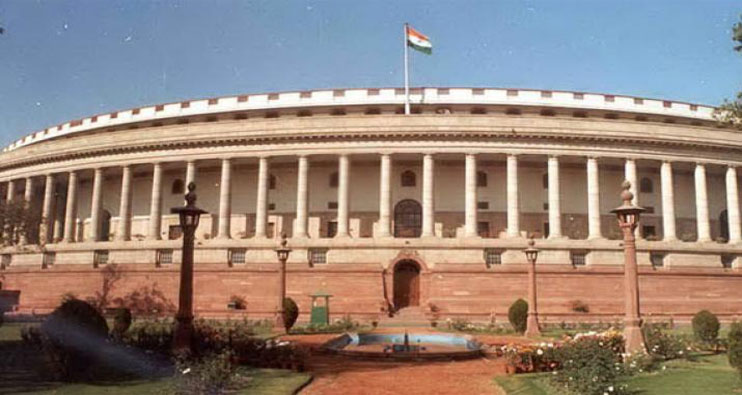
The Editors Guild of India has expressed deep concern over the Digital Personal Data Protection Bill, 2023.
The bill, as per a press statement of the Editors Guild of India, was presented before the Lok Sabha on August 3, 2023 by the Union Minister for Electronics and Information Technology, Mr. Ashwini Vaishnaw.
The bill carries various provisions that can have an adverse impact on press freedom.
In the statement, EGI said, we highlight some of the primary concerns below
B. Concerns over surveillance over censorship and lack of surveillance reform We note, with dismay, that while the Bill, ostensibly to promote data protection, has failed to make any provisions that bring about the surveillance reform that is urgently needed, and in fact creates an enabling framework for surveillance of citizens, including journalists and their sources. While clause 17(2)(a) allows the Union Government to issue a notification exempting any “instrumentality of the State” from the provisions of this Bill, thereby out of the ambit of data protection restrictions, including internal sharing and processing of data. Section 17(4) allows the government and its instrumentalities to retain personal data for an unlimited period of time. Additionally, under Section 36, the Government can ask any public or private entity (Data Fiduciary) to furnish personal information of citizens, including journalists and their sources.
C. Concerns over widening of censorship powers: The Bill provides the Union Government with an opportunity to widen its existing powers of censorship. Clause 37(1)(b) of the Bill will allow the Union Government to censor content on vague and unspecified grounds in the interest of the general public. This will increase censorship powers well beyond what is presently provided for under Section 69A of the Information Technology Act, 2000, and may even be unconstitutional for going beyond the reasonable restrictions on free expression enumerated under Article 19(2) of the Constitution of India.
D. Concerns over lack of exemptions for journalistic activities
We are deeply concerned about the lack of exemptions for journalists from certain obligations of the law, where the reporting on certain entities in public interest may conflict with their right to personal data protection. The Justice Srikrishna Committee report had noted that “If
journalists were made to adhere to the grounds of processing personal data, it would be extremely onerous for them to access information”, and that “mandating grounds of processing like consent would mean that accounts that are unfavourable to the data principal would simply not get published.” It had thus provided a framework for balance between personal data protection and public interest, which we note is missing from the current bill. This will lead to a chilling effect on journalistic activity in the country.
E. Concern over impact on the Right To Information (RTI) As has been already been pointed out by some activists, certain provisions of the Bill, Clause 44(3) for instance, unreasonably widen the scope of exemptions available to Public Information Officers of government ministries and departments to reject RTI applications under Section 8(1)(1) of the Right to Information Act, 2005, on the simple basis that the information sought ‘relates to personal information. The RTI Act in its present form strikes a balance between privacy and the right to public information. This provision shifts the balance in favour of non-disclosure of information, including information which is being sought by journalists in public interest, thereby reducing accountability. It is necessary that the RTI Act not be weakened.
F. Concerns over the composition of and appointment to the Data Protection Board
While exemptions provided to the government and its instrumentalities are near-absolute, the Data Protection Board to be constituted thereunder has not been provided sufficient independence and rulemaking powers. Lawyers, scholars and even judgments of the Supreme Court have noted that Tribunals (such as the Data Protection Board) must remain independent of control by the executive, to maintain their effectiveness and credibility. However, given that all members of the DPB will be appointed by the Union Government (Clause 19(2)), its independence remains in doubt. Considering the huge fines that can potentially be imposed, the independence of the Board from executive interference is vital to preserve liberty.
The Guild urges Ministry of Electronics and Information Technology to reconsider the provisions that Editor’s Guild of India has highlighted, and work to offer a data protection legislation to Indian citizens that does not compromise their right to free expression, right to information and right to a free press. Further, the Guild urges the Speaker of the Lok Sabha, to place the Bill before the Parliamentary Standing Committee for deliberation on the issues raised, as well as to reconsider those provisions.
The Guild has already written to the Prime Minister, the speaker of the Lok Sabha, Chairman of the Rajya Sabha, leaders of political parties in both the houses, as well as the Minister of Electronics and Information Technology, highlighting our concerns.




